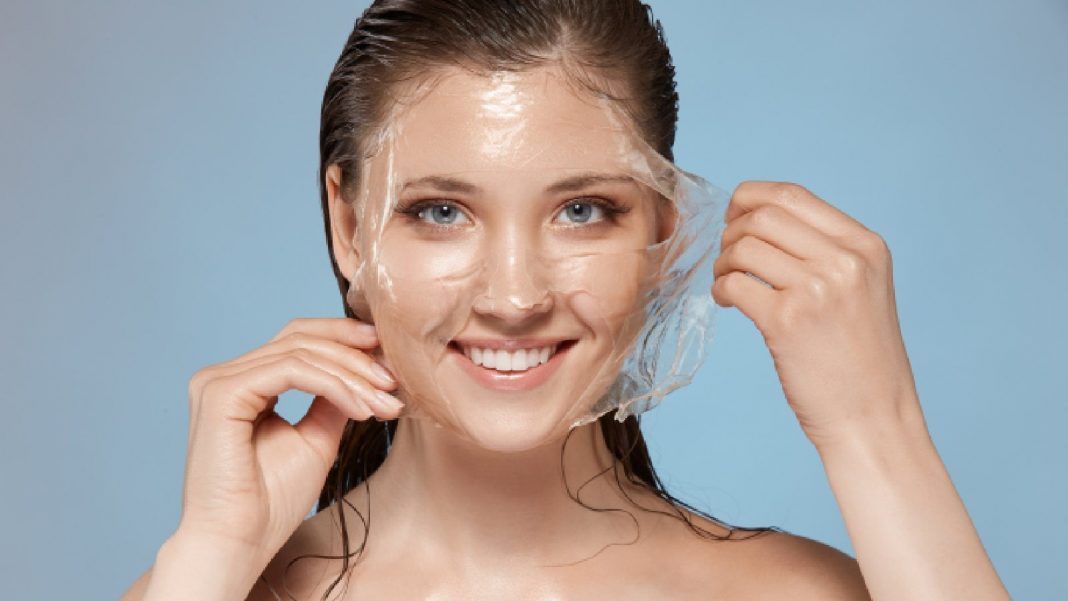Maintaining healthy and radiant skin requires more than just a simple cleansing and moisturising routine. In recent years, skin care products such as facial masks and serums have gained significant popularity for their ability to provide targeted skincare benefits. According to experts, using facial masks and serums provides intense hydration for your skin and can boost your glow. Read on to learn the benefits of both of them and how to use them.
What are the benefits of facial masks?
Facial masks are an essential part of the skincare routine and the easiest way to get healthy and glowing skin. It helps provide deep hydration and reduce excess oil production, improving skin texture, and addressing specific concerns such as acne, dullness, and fine lines. It can help increase collagen production, which can help skin look younger, firmer, and more youthful. You can see immediate benefits if you use it regularly.
What are the different types of facial masks?
1. Hydrating masks: Hydrating masks are recommended to replenish moisture, restore skin barrier function, and combat dryness. Ingredients like hyaluronic acid and glycerin help to retain moisture and create a plump appearance.
2. Clay masks: Ideal for oily and acne-prone skin, clay masks help absorb excess oil and draw out impurities. They can also provide gentle exfoliation, promoting a smoother complexion.
3. Sheet masks: Infused with serums, sheet masks are excellent for delivering intense hydration and addressing specific concerns. Use sheet masks with ingredients like vitamin C or niacinamide to brighten and even out skin tone.

4. Exfoliating masks: These masks contain exfoliating agents like alpha hydroxy acids (AHAs) or beta hydroxy acids (BHAs) to remove dead skin cells and promote cell turnover, revealing a fresher complexion.
What are the benefits of serums for skin?
Serums are lightweight and can penetrate deeper into the skin due to their low molecular weight, making them effective for delivering potent ingredients. Hence, serum improves skin texture, minimises skin pores, reduces fine lines and wrinkles, and evens the skin tone. Not only this, it also improves skin elasticity and reduces dark circles. Since they have vitamin C content, serums can also protect your skin against the damage of free radicals.
Different types of serums that are good for skin
1. Antioxidant serums: Ingredients like vitamins C and E help protect the skin from environmental damage and neutralize free radicals, promoting a youthful appearance.
2. Hyaluronic acid serums: These serums attract and retain moisture, making them essential for maintaining skin hydration and plumpness.
3. Retinol serums: Dermatologists often recommend retinol serums to address concerns such as fine lines, wrinkles, and uneven skin tone. However, proper usage and gradual introduction are crucial to preventing irritation.

4. Niacinamide serums: Niacinamide helps regulate sebum production, minimize pore appearance, and improve overall skin texture, making it suitable for various skin types.
Also read: 5 best retinol serums to give you a youthful-looking skin
How to introduce serums and face masks into your daily skincare routine?
Cleanse your face before applying a mask to ensure optimal penetration of active ingredients. For serums, apply them after cleansing and toning but before moisturizing to allow them to absorb effectively.
Note: Moderation is key. Overusing masks or applying multiple serums simultaneously can lead to skin irritation and disruption of the skin barrier. Gradually introduce new products into your routine and monitor your skin’s response.
Takeaway
Facial masks and serums have emerged as essential skincare products for achieving healthier, glowing skin. To introduce these products into your skincare routine, understand your skin’s needs and type. Remember to consult with a dermatologist if you develop any skin issues after using them.







